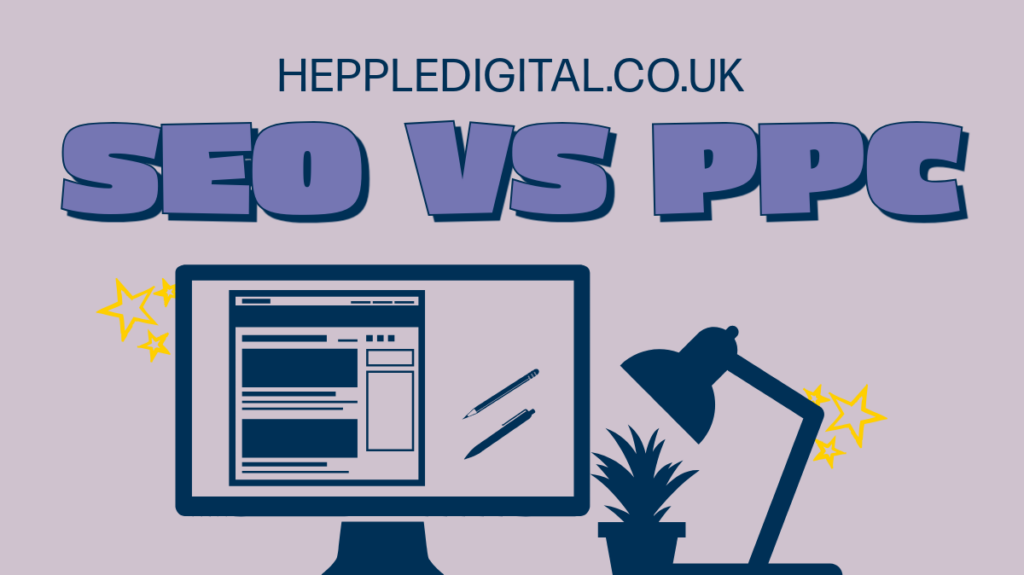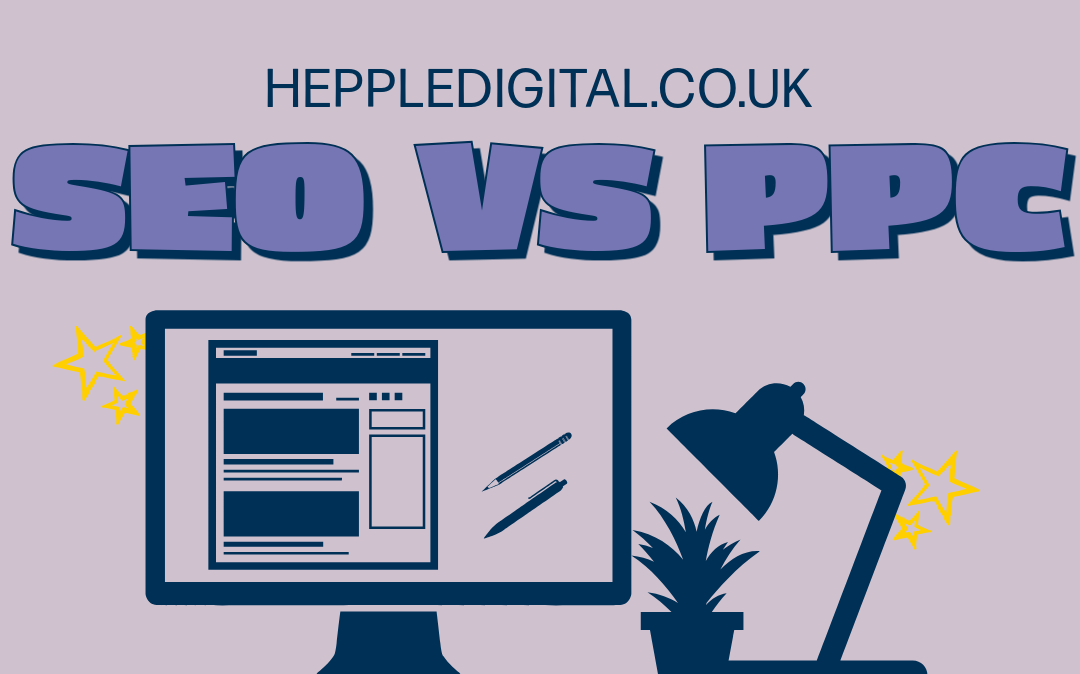
In the realm of digital marketing, two primary strategies are tactically combined to online growth: Search Engine Optimisation (SEO) and Pay-Per-Click (PPC) advertising. Understanding the distinctions between these approaches is crucial for businesses aiming to enhance their online presence and achieve their marketing objectives.
What is SEO?
SEO involves optimising your website to improve its visibility in organic (unpaid) search engine results. This process encompasses several key components:
- Keyword Research: Identifying the terms and phrases potential customers use when searching for products or services related to your business.
- On-Page SEO: Creating high-quality content that aligns with user intent and strategically incorporates target keywords.
- Off-Page SEO: Building authority through backlinks from reputable websites, enhancing your site’s credibility.
- Technical SEO: Ensuring that your website is structured in a way that search engines can easily crawl and index, which includes aspects like site speed, mobile-friendliness, and proper use of meta tags.
Pros of SEO:
- Cost-Effectiveness: Once your website ranks well, maintaining that position doesn’t incur direct costs per click, making it a sustainable long-term strategy.
- Credibility and Trust: Users often trust organic research results more than paid ads, potentially leading to higher click-through rates.
- Long-Term Benefits: Effective SEO can provide lasting results, driving consistent traffic over time.
Cons of SEO:
- Time-intensive: Achieving prominent organic rankings can take several months, especially in competitive industries.
- Algorithm Dependence: Search engine algorithms frequently change, which can impact your rankings. They also require ongoing adjustments and strategic implementation.
What is PPC?
PPC is a form online advertising where advertisers pay a fee each time their ad is clicked. When ads are made well and bids are set high enough, they appear at the top of search engine results or on other platforms and are typically labelled as “sponsored” or “ad.” Key elements of PPC include:
- Keywords and Bidding: Selecting and bidding on keywords relevant to your products or services to display your ads to a targeted audience.
- Ad Creation: Crafting compelling ad copy that encourages use to click through to your website.
- Landing Page Optimisation: Designing landing pages that align with your ads to a provide a seamless user experience to maximise conversions.
Pros of PPC:
- Immediate Visibility: Ads appear at the top of search results as soon as campaigns are launched, providing instant exposure.
- Targeted Reach: Advanced targeting options allow you to reach specific demographics, locations, and even user behaviours.
- Measurable Results: PPC platforms offer detailed analytics, enabling precise tracking of performance and return on investment (ROI).
Cons of PPC:
- Cost: Depending on the competitiveness of your industry, the cost per click can be high, leading to substantial expenses over time.
- Temporary Results: Once you stop paying for ads, the traffic driven by PPC campaigns ceases immediately.
SEO vs. PPC: Which Should You Choose?
The decision between and PPC depends on your business goals, budget, and timeline:
- Budget Constraints: If you’re working with a limited budget, investing in SEO might be more cost-effective in the long run, as it doesn’t require ongoing payments for clicks.
- Need for Immediate Results: If you seek quick visibility and have the budget to support it, PPC can drive immediate traffic to your site.
- Long-Term Growth: For sustainable, long-term online presence, SEO is esssential as it builds authority and trust over time.
Integrating SEO and PPC
For optimal results, consider integrating both ategies:
- Keyword Synergy: Use PPC to target high-competition keywords while building organic rankings for less competitive terms.
- Data Sharing: Leverage PPC data to inform your SEO strategy by identifying high-converting keywords and content opportunities.
- Remarketing: Utilise PPC campaigns to retarget visitors who initially found your website through organic search but didn’t convert.
By combining SEO and PPC, businesses can maximise their online visibility, drive both immediate and sustained traffic, and achieve a balanced digital marketing strategy.
If you are looking to grow your website’s digital presence and increase your sales, get in touch with our expert SEO and PPC consultants here at Hepple Digital.

